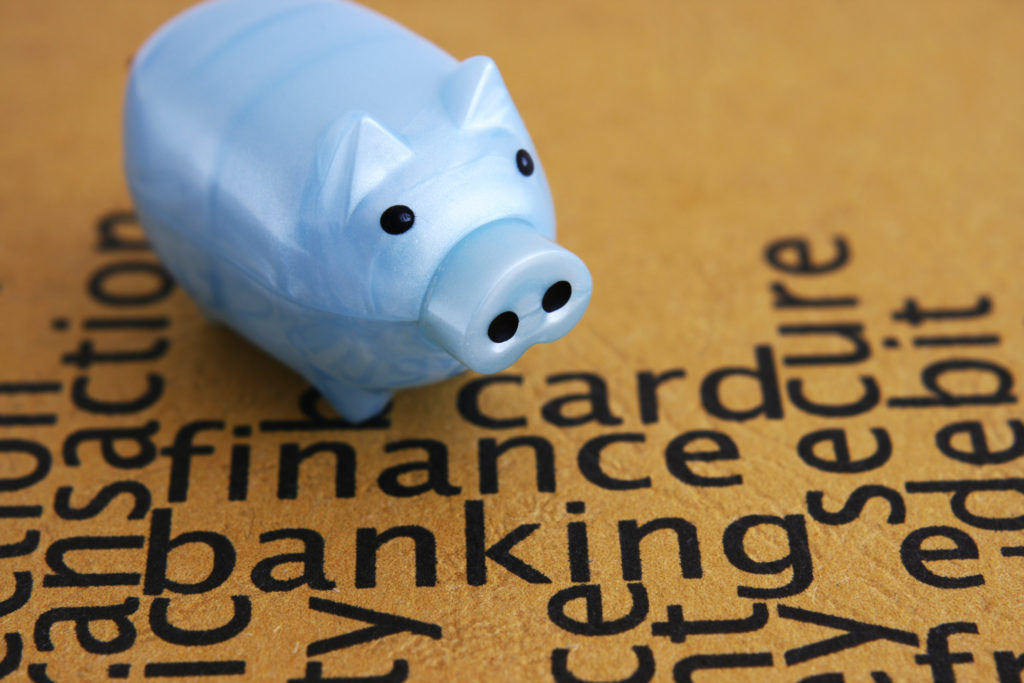Do’s and Don’ts of Bank Savings Account

In this era of digital money and online banking, there is no person without a bank account. Well, there are a plenty of reasons why a bank account is important and one known reason is, it not only secures your money but also increases the amount you have in the account by a small rate of interest. Why to leave your cash idle when it can give you some profit on it? Getting a savings account is very easy but there are few things that are associated with it, which are avoided by most of us.
Here are few Do’s and Don’ts of a Bank Savings Account
Do’s
Interest rates
Right before choosing a bank and the type of account, it is advisable to check the interest rates. You need to compare the interest rates of few banks and opt the one that provides a good amount of interest.
There are few banks that can provide high-interest rate but it can be for a limited time. After a year or two, they provide very low-interest rates. So don’t hesitate to get into each and every detail of the account.
Minimum balance
If you get a savings account then you need to maintain some balance in the account. Banks do charge a fee for non-maintenance of minimum balance in the account. Each bank has its own criteria in this case. Few banks give some grace period to fill your account with money.
Just keep checking your account once in a while and make sure you follow the guidelines of the bank accordingly. They provide zero balance accounts too, where you need not maintain any minimum balance in the account.
Securing the Passwords
If you got a bank account then you definitely might have got a debit card along with online banking facility. Most of the banks provide a debit card and internet banking facility for free.
These make the transactions even easier. But it is up to the customer how to secure his account. You need to keep changing your passwords or PINs at least twice a year.
Track on spendings
After opening a bank account don’t skip in checking your spending. Just ensure all the transactions are done right. There is a difference in paying the bills using the cash and a card. You can have a check on the spendings when you use the cash whereas using the cards will let you lose the track.
Don’ts
Savings account as an Investment option
Even though savings account can increase your funds, it cannot be considered as an investment option which doubles your investment. Banks provide low rates on the savings account so, crediting huge amounts is not preferable.
If you have extra cash and want high returns then, a savings account is not a good idea. A savings account is meant for securing your money while getting some profit on it, also which is accessible anytime you wish to.
Too many Savings accounts
Banks provide additional benefits on the savings accounts like debit cards, cheque books, etc., but don’t fall for it. These benefits can end you up with too many accounts which is not easy to manage.
Maintaining too many accounts at different banks can be hectic and ultimately you lose the track of the accounts. After a certain period of time, if there are no transactions happening, your account can become dormant and you may lose the money that was present in the account.
Sweeping off the account balance totally
Zero balance accounts are preferred by most of them as there is no requirement of maintaining any minimum balance in the accounts. But maintaining some balance in the account is important.
During unforeseen circumstances, emergency funds can come handy. They are like financial security which you can make use of in critical situations. So, don’t sweep off your entire balance in the account on unnecessary expenses.
So if you are going to open a savings account or already having one, make sure you avoid all the misconceptions and use it as an account that secures your small amount of money by maintaining a minimum balance as the bank’s requirement.
Author bio:
Nikitha is a thesis writer and marketer for MyMoneySouq.com, which is a leading website in UAE for comparison of personal loans, credit cards, home loans, and insurance. Her keen interest towards writing made her choose this creative path. Her articles mainly focus on personal finance and related themes.
Category: Banking




